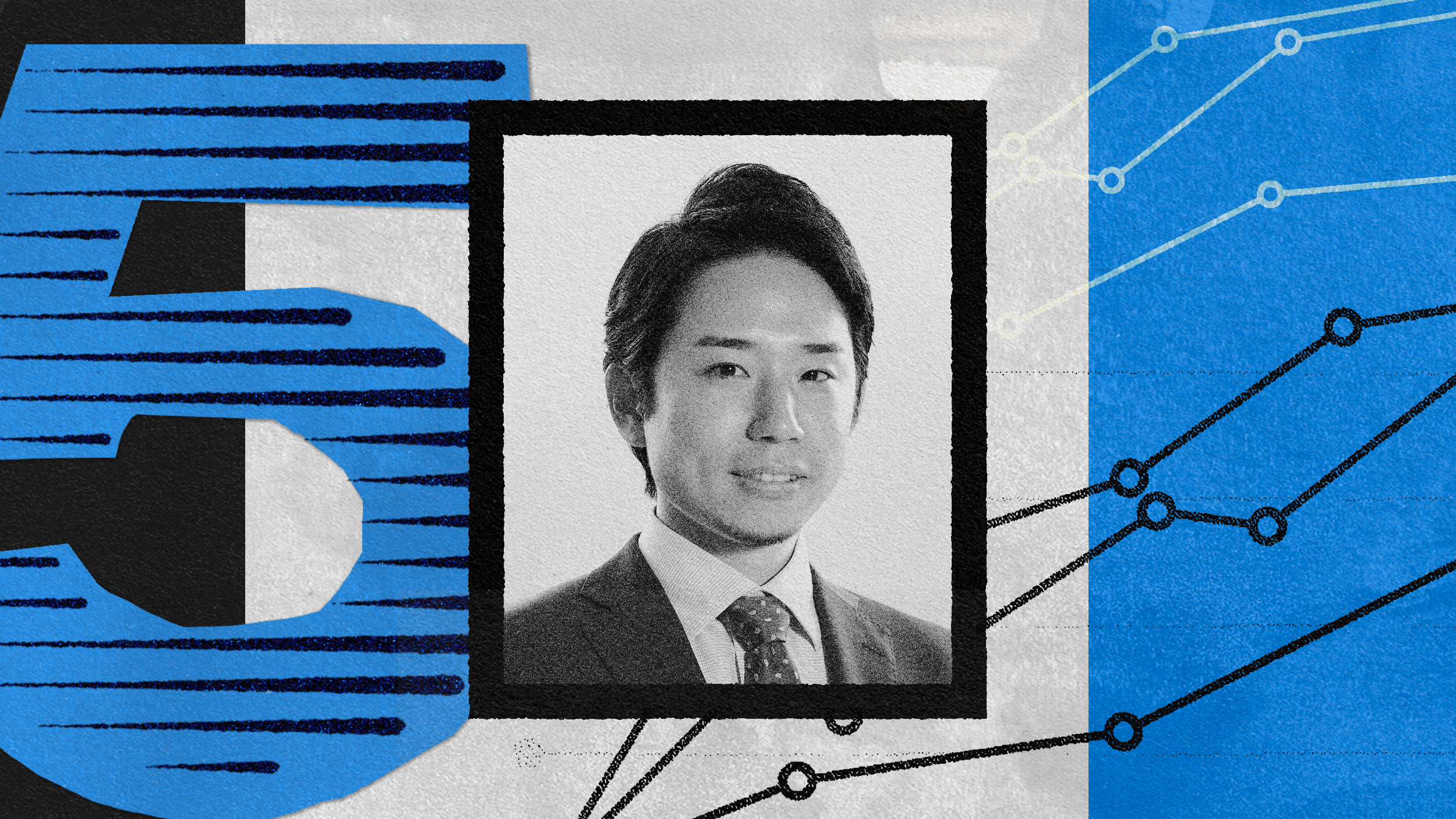MICHAEL DOWLING: Well, leadership, in many ways, is about influence. It's about getting people to believe in what you believe in. I fundamentally believe that people want to follow if they believe. If they feel there's a connection between what you're selling and what they believe in themselves.
And health care, of course, is an extraordinary place for that because what we do all the time is we're trying to keep people well. We're trying to help people that get sick. We're trying to save people, bring families back together, bring children into the world, take care of all the people at the end of life.
There is nothing more fundamental and human than that. But you've got to be able, as any leader, irrespective of what you're working in, you've got to be able to influence the behavior of people and get them to believe.
My view is the first thing you do to make that happen is you've got to believe it yourself. If you're passionate yourself about what you believe in, it is serious, it's just not a job, it's something that's inherent in you, that this is what you really care for.
If people know that it is innate to your being and that you really care for this, and that you're compassionate yourself, and that you feel for it, it resonates. It gets people to connect. It's not a thing you're selling, it's a feeling you're selling, it's a belief system you're selling. It's about connections.
It's also about humility. It's also about not taking yourself too seriously, and what I mean by that is, especially if you're a CEO, what is a CEO? You're a part of a team. You're the captain. But you have to be a player. You're not a title. The captain who's on a team that is not a player and nobody respects—the title means nothing.
I know I was fortunate to play sports. Games are won in the locker room, the feeling of camaraderie among players. That feeling is about "I'm for you, you're for me. We go down together, we go up together. We win together, we lose together."
But if I'm the captain, the "CEO" in that locker room, and I consider myself so important, you know, I work and I live in a big office, and my desk is huge and I drive a big car and I live in a nice neighborhood and look where I got my degree from. And I meet people like this, "Oh, look where I got my degree from. I'm top of my class." And quite frankly, I could care less. Are you a team player? Are you respected? Are you appreciated? Can you influence? Will people follow you?
I mean, if you're going down the road and you look back and there's nobody following, you're not a leader. It's when you look back and you have followers. Leadership is about followership. If you have no followers, you're not a leader.
And you gain respect by your authenticity. Don't pretend, be real, you know? Accept your vulnerabilities, accept your weaknesses, know where your strengths are, and get people to belong.
People want to belong to a cause. Engage people, just don't direct them, just don't talk to them. Engage them. It's a participatory process.







